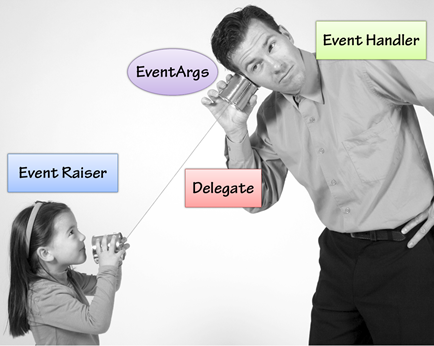Understanding C# Events, Delegates and Lambdas – New Pluralsight Course
C# continues to grow in popularity attracting more and more developers looking to build Web, desktop or mobile applications targeting a variety of platforms. As developers learn the language the concept of events, delegates and lambdas tend to trip some up and generate a lot of questions. For example, what are delegates and how do they actually work? Would you ever create a custom delegate and in which scenarios? What’s a lambda used for and why would someone choose a lambda over other techniques? How do you write custom delegates/events and use them in C# classes to provide notifications to other components in an application? These are just a few of the questions that many struggle to understand.
To help answer these questions and clarify the role of events, delegates, EventArgs, lambdas and other related features, I’m excited to announce the release of a new Pluralsight course titled C# Events, Delegates and Lambdas that provides simple explanations that show the big picture and how events, delegates, lambdas and other components fit in. If you’re interested in gaining a more thorough understanding of how these C# technologies work together then you’ll definitely want to check out this new course!
Key topics covered in the course include:
- The role of events, delegates and event handlers
- How to create custom delegates and events
- Techniques for raising events (without raising errors)
- Different techniques that can be used to handle events
- The role of lambdas and how they provide a concise way to write code
- Built-in .NET delegates that can be used in your custom C# classes
- Using lambdas with delegates to provide flexibility in an application


